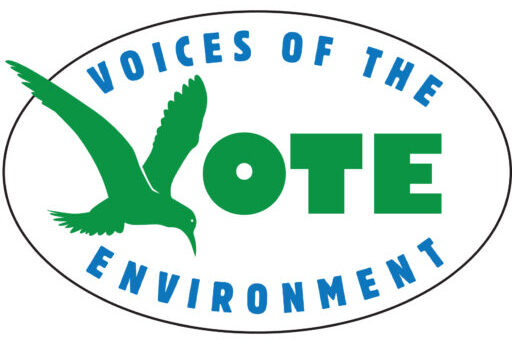Please name three specific pieces of legislation that are important to you and why.
S.148, the Environmental Justice bill I authored that is now law in Vermont, prioritizes racial and economic equity into climate action. Environmental Justice is a core issue for me; grassroots organizing work spurred me to run for office in 2008 because it is the most potent way to take action on environmental injustice. When I entered the State House as a young woman of color, I had to find my voice quickly on issues of justice and fairness. From tribal recognition for Abenaki Vermonters to immigrant drivers’ licenses to police accountability to comprehensive environmental justice legislation, I fought hard for inclusive, bold policy that supports and uplifts all Vermonters.
S.225 is a bill I introduced this biennium that I plan to reintroduce to create a Vermont Civilian Climate Corps. If passed, this legislation would prioritize investments in green jobs, so that they are made accessible for working people and those most impacted by the climate crisis. My commitment to environmental action, with a lens for justice and equity, has additionally earned our team the endorsement of author and 350.org founder Bill McKibben and support of local social justice and environmental activists throughout the state.
One issue that is additionally particularly pertinent to Vermont is the fight against exposure to PFAS. In 2021, I co-sponsored legislation, S.20, that passed to restrict perfluoroalkyl and polyfluoroalkyl substances and other chemicals of concern in consumer products. This act is a part of ongoing work at a state to remove PFAS from our drinking water and soil, and we need federal support to hold the polluters responsible for this accountable for their actions.
How would you preserve the environment while ensuring a supply of affordable housing?
Currently, we have communities that have 300 job listings and 3 housing listings. Preserving the environment is intertwined with developing safe and climate resistant housing, with access to sustainable transportation and climate-positive jobs. Our current path is unsustainable and this must continue to be a top priority, especially if we are to address the unfair burdens placed on low income and minority communities in Vermont. I was proud to craft S.226, our landmark housing legislation this session that incentivized the creation of more transit-oriented, dense, inclusionary housing options in Neighborhood Development Areas; advanced first-generation homebuyer grants; invested in repairs for mobile homes for the first time in decades; and found a path forward for the Governor’s “Missing Middle” housing creation program while preserving perpetual affordability.
What’s your plan to save the water quality of Lake Champlain and our many tributaries?
We must increase protections for river corridors and forested areas. In addition, Vermont needs to do more to reduce water pollution from agricultural and toxic sources, including pesticides, that are contaminating our waters. We must invest in urban and agricultural infrastructure to tackle point source and non-point source stormwater runoff. Additionally, we must continue to bring together leaders, advocates, and farmers to advance workable solutions to help us advance our working landscape while protecting our rivers and lakes, which bring in more tourism revenue than all of our ski areas combined.
Are you in favor of putting a price on carbon?
Yes.
If elected, what will be your top 3 legislative priorities?
1. Climate action & environmental justice
2. Ending homelessness & advancing homeownership
3. Universal child care & paid family leave
What are the first three actions you would take to address climate change? What would you do in support of the Global Warming Solutions Act?
1. Revisit a just transition for home heating fuels, the top priority of the GWSA.
2. Invest in a Civilian Climate Corps to ensure all Vermonters have a foothold in the climate workforce.
3. Ensure electric grid hardening and upgrades as part of our state and national defense spending.
What steps would you take to protect the natural environment in Chittenden County and Vermont?
Reduce red tape to restore blighted, historic properties in downtowns and village centers while preserving green space for all to access equitably.
Would you support H.175, which would expand Vermont’s “bottle bill” to cover additional containers, like bottled water and wine bottles?
Yes.
Would you support S.234, which makes changes to Act 250?
Yes.
Would you support H.715, the “Clean Heat Standard”?
Yes.

